Department of Applied Environmental Science
Graduate Student Uses Camera Traps to Collect Data on Carnivore Species in the Salinas Valley
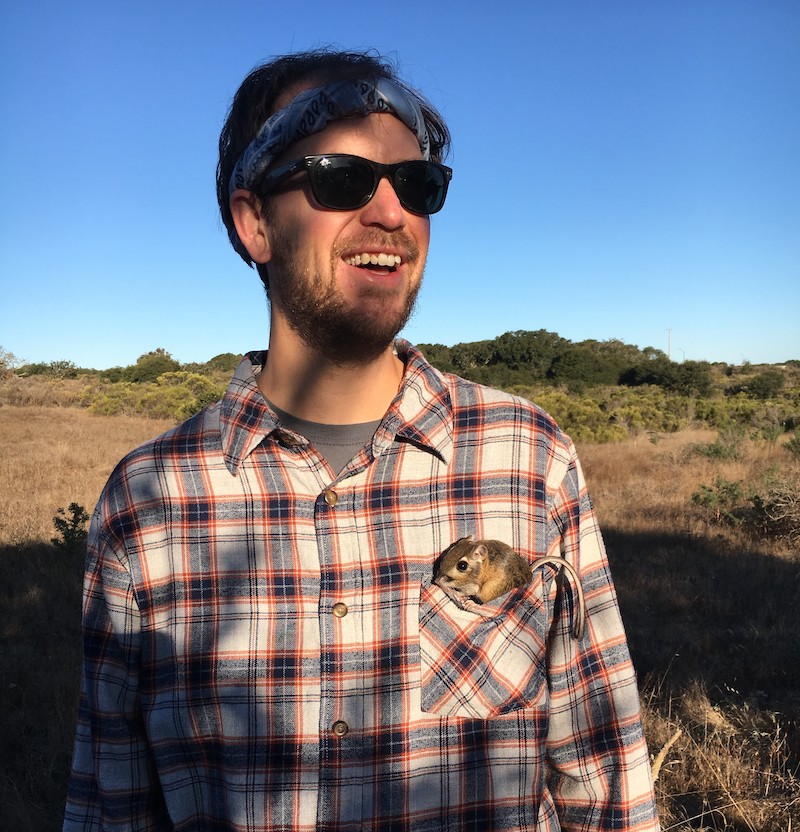
Matthew McGee is currently working on his thesis research as part of the Environmental Science master's program. As a thesis student, Matt uses camera traps to collect data on select carnivore species (coyotes, bobcats, gray foxes, and domestic cats) along an urbanization gradient in the Salinas Valley.
To learn more about Matthew's research, explore his interview below.
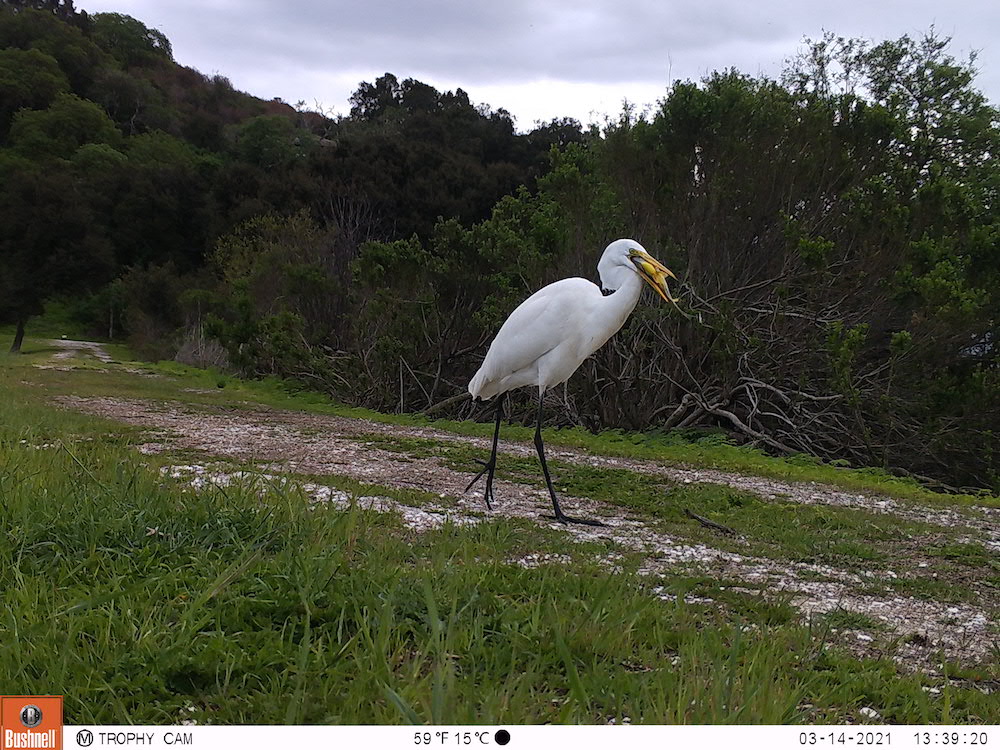
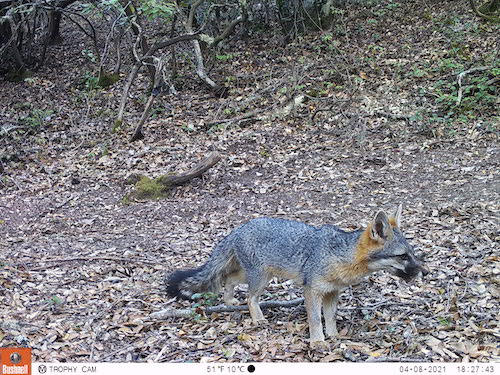
What does your thesis research entail?
In addition to utilizing camera traps, I also conduct point counts along the same gradient to collect data on songbird richness and composition. For my analysis, I will model carnivore co-occupancy in patches to test for possible mesopredator release and evaluate the potential impacts of mesopredator release on songbird populations.
What research lab are you apart of as a graduate student?
The Terrestrial Wildlife Ecology Lab with Dr. Jennifer Duggan.
How is your thesis research contributing to your professional goals?
I'm building many of the skills I'll need to run my own research lab one day: GIS, modeling, grant writing, networking, and project design. The latter has been the most challenging but also the most essential to my career, and I'm learning (sometimes the hard way) how to balance the ambition and feasibility of a project and how important it is to ask specific questions.
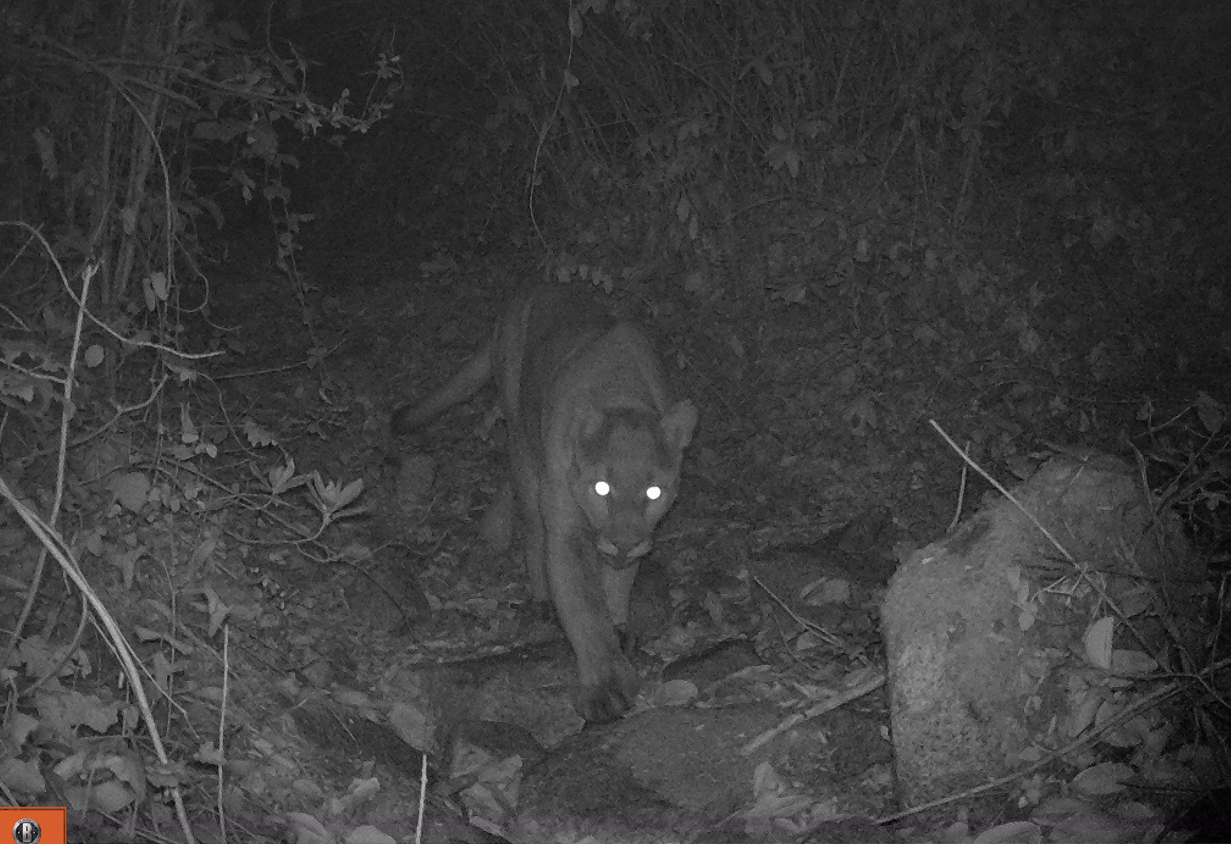
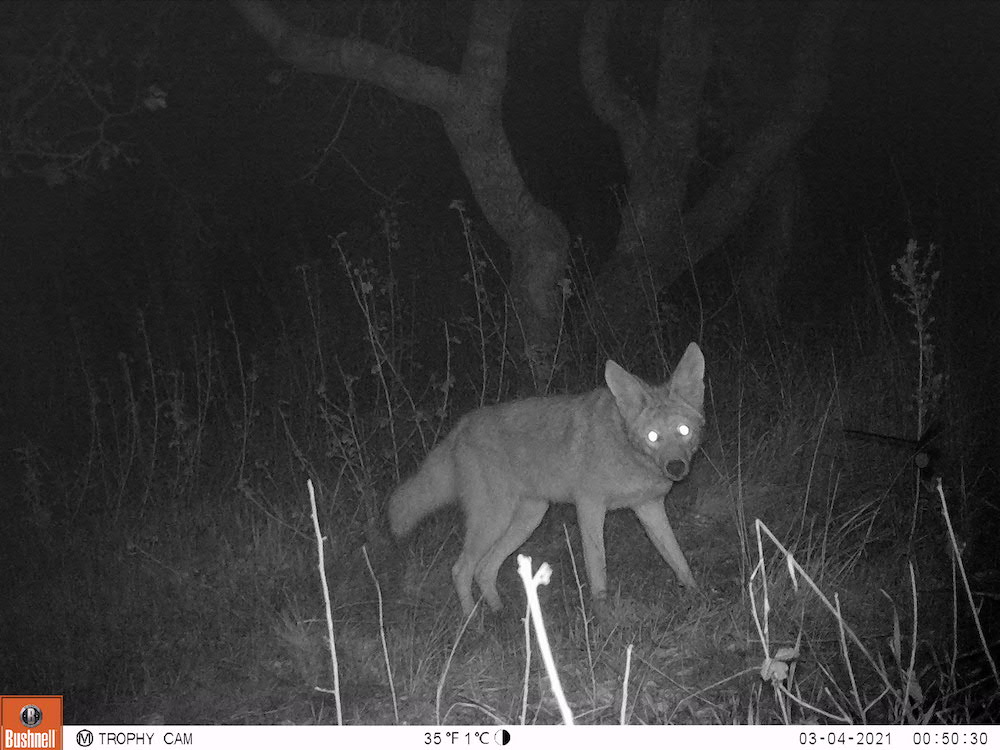
What is your favorite part about being a graduate student at CSUMB?
The people! It's an easy answer for me as an extrovert, but this experience wouldn't have been the same without my lab, my cohort, and everyone else I've met along the way.
What are your plans after graduate school?
Sleeping would be nice, but I'm also applying for PhD programs so that may have to wait another 5-6 years.